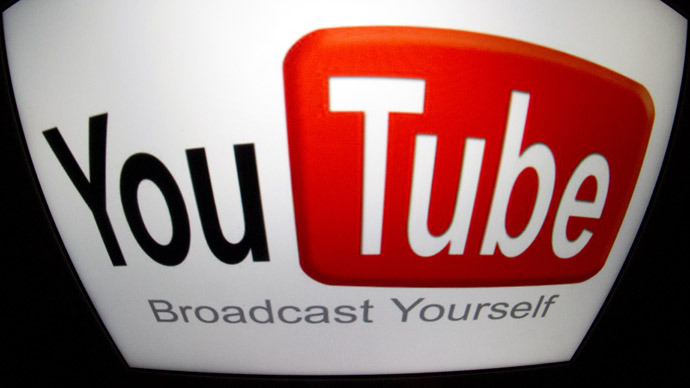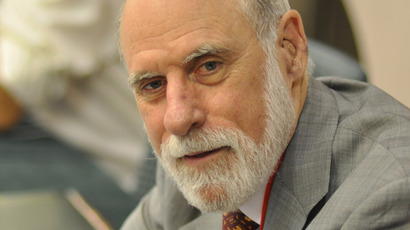All in vein: Russian court rules YouTube 'suicide video' rightfully blacklisted

Global video-hosting web giant YouTube has lost its case against Russia’s consumer rights watchdog, which put one of its clips on a blacklist for what it called ‘promoting suicidal behavior’.
The piece in question is called 'A video lesson on how to cut
your veins'. It shows a young woman giving step-by-step
instructions on how to create the most realistic slashed wrist
make-up for Halloween. Russian authorities considered it was
promoting suicide and banned it. YouTube representatives, however,
insisted in court that it was nothing but a Halloween entertainment
post.
"The YouTube company, owned by Google, is aware of the harm and potential danger some of the videos posted on their website may cause," the watchdog’s internet site said. "Still, motivated by commercial interests and making use of juridical casuistic, YouTube continues to avoid complying with the demands of the legislative norms of the Russian Federation that are aimed at preventing suicides."
Back in November last year the authorities put together a
'blacklist' of online resources with what they believed promoted
suicidal patterns. When it came to video materials, 40 per cent of
potentially dangerous content came from YouTube. It was just a few
weeks after a law came into force in Russia that aimed to protect
the under-aged from 'suicide-related' information by blocking
access to certain online media.
YouTube, however, has opposed efforts to label them as suicide
promoting and has resisted the move in court. With little effect so
far.
"The company still refuses to accept the very issue of
suicide as relevant," the watchdog website statement reads.
"No constructive dialogue is possible because of that and the
harmful materials continue going viral on the internet."
Despite speculation that the YouTube video service could be banned
in Russia altogether, Russia’s consumer rights watchdog chief
Gennady Onishchenko insists it's just certain materials that cause
their concern.
The consumer rights watchdog has scrutinized nearly 1,700
websites while looking for suicide-related materials and suggested
over 1,500 of them should be banned.














